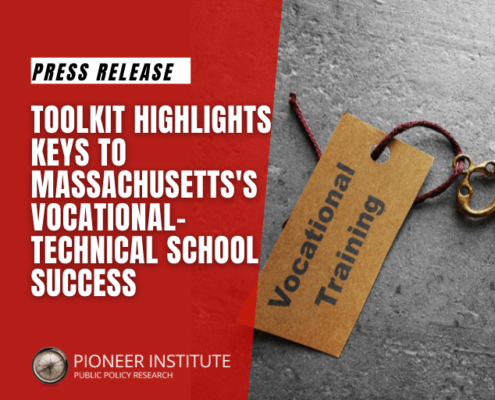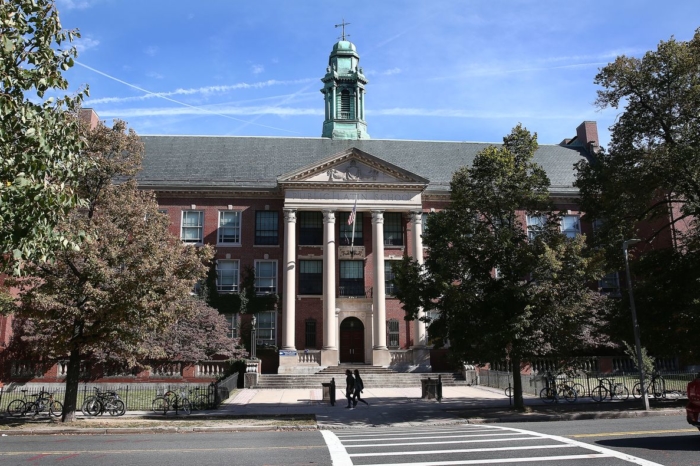Tackling equity at Boston’s exam schools
/0 Comments/in Featured, Oped: Education, Oped: School Choice, School Choice /by Jim StergiosBy Jim Stergios August 2, 2019
This spring, The New York Times reported that of the 4,800 students admitted to New York’s nine exam schools, a mere 190, or 4 percent, were African-American. At Manhattan’s acclaimed Stuyvesant High School, just seven black students were among the 895 admitted. Less than 1 percent of the school’s total enrollees are black.
Boston earns no bragging rights by beating the thoroughly broken New York City school system at equity of access to elite exam schools. But neither do the Boston Public Schools deserve the recent drubbing they are getting from the NAACP and Lawyers for Civil Rights, who wrote a stern letter to the city condemning the “discriminatory impact” of the schools’ admissions policies and have held out the prospect of a lawsuit.
This op-ed was published in The Boston Globe “Ideas” section – read it in its entirety here.
Get Updates on Our Education Research
Related Posts:

Poll Finds Charter Schools Widely and Broadly Popular in Massachusetts

Study Urges Massachusetts to Embrace Innovative School Models

Former U.S. Secretary of Education Betsy DeVos on Edu Federalism & School Choice

Poll Finds Strong Majority of Massachusetts Residents Support Restoring U.S. History MCAS Graduation Requirement

Georgia’s Alisha Thomas Searcy on School Choice, Teacher Unions, & Elections

KaiPod Learning’s Amar Kumar on Homeschooling Pods & Blended Education

NACSA’s Dr. Karega Rausch on Charter Public School Authorizing

Two Stars in a Glowing Voc-Tech Education System

Toolkit Highlights Keys to Massachusetts’s Vocational-Technical School Success

Doug Lemov on Teach Like a Champion & Successful Charter Public Schools

School-Age Population Remains Steady, but Boston Struggles With Declining Enrollment

METCO’s Milly Arbaje-Thomas & Researcher Roger Hatch on MA’s Voluntary School Desegregation Program

Engaged Detroit Founder Bernita Bradley on Homeschooling, Urban Education, & Parent-Driven Reforms

Lead Plaintiff David Carson & IJ Attorney Arif Panju on Landmark SCOTUS Decision Carson v. Makin

AEI’s Robert Pondiscio on E.D. Hirsch, Civic Education, & Charter Public Schools

Hoover at Stanford’s Dr. Macke Raymond on the Current State of K-12 Education Reform

David Ferreira & Chris Sinacola on MA’s Nation-Leading Voc-Tech Schools




